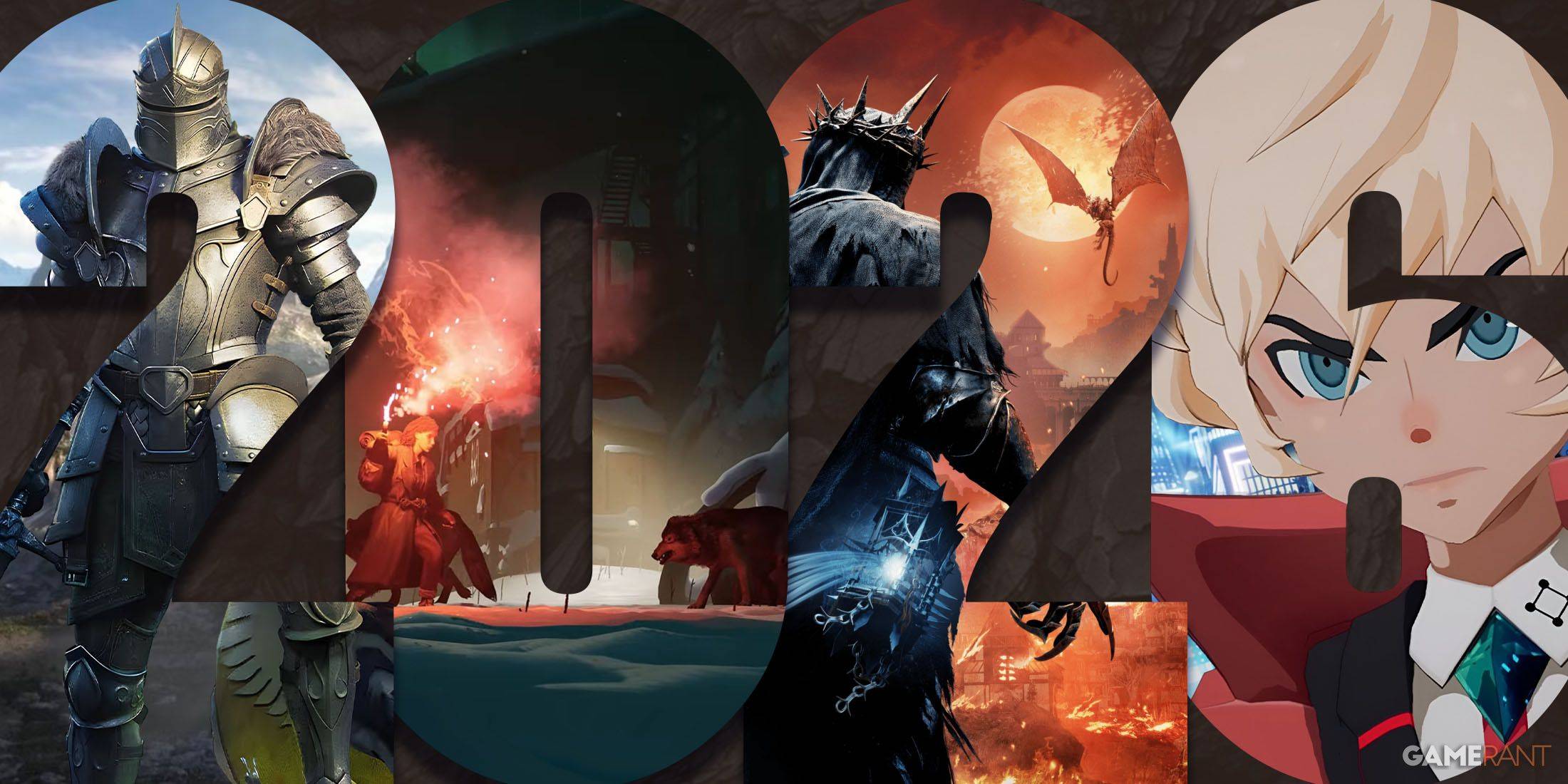Marvel Gaming Universe Plan Revealed but Never Funded
The Marvel Cinematic Universe has transformed entertainment with its interconnected films and TV series, weaving a cohesive, long-running narrative. In contrast, Marvel video games operate independently, with no shared storyline. For instance, Insomniac’s Marvel’s Spider-Man series is entirely separate from Eidos-Montreal’s Marvel's Guardians of the Galaxy. Upcoming titles like Marvel 1943: Rise of Hydra, Marvel's Wolverine, and Marvel’s Blade also lack any narrative connection.
Disney once envisioned a Marvel Gaming Universe to mirror the MCU’s success in uniting Marvel video games. What went wrong?

DC and Marvel Superhero Games: Which Recent Title Stands Out?
Choose the Champion

 New duel
New duel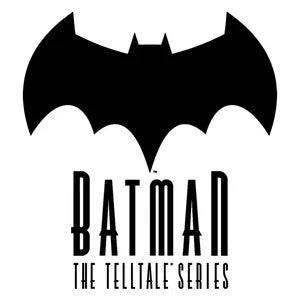 1ST
1ST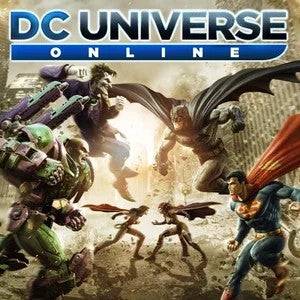 2ND
2ND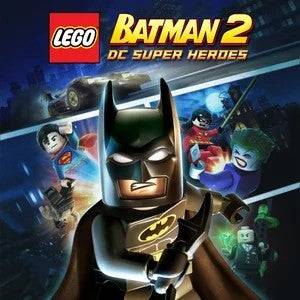 3RDSee your ResultsComplete the challenge for your personal results or check the community’s picks!Continue playingSee results
3RDSee your ResultsComplete the challenge for your personal results or check the community’s picks!Continue playingSee resultsOn The Fourth Curtain podcast, host Alexander Seropian and guest Alex Irvine discussed the abandoned Marvel Gaming Universe concept they both worked on and why it never materialized.
Seropian, a co-founder of Bungie, known for Halo and Destiny, later led Disney’s video game division until 2012. Irvine, a veteran Marvel games writer, recently contributed world-building, dialogue, and character backstories to the hit title Marvel Rivals.
Reflecting on his Marvel projects, Irvine shared details about the shelved initiative.
“When I began working on Marvel games, the plan was to build a Marvel Gaming Universe that mirrored the MCU’s interconnected approach,” Irvine said. “It never came to fruition.”
Seropian clarified that the concept was his brainchild but lacked the necessary financial backing from Disney’s leadership.
“At Disney, I pushed for this idea of linking the games together,” Seropian explained. “This was before the MCU took off, but it never secured funding.”
Irvine, who contributed to the acclaimed Halo alternate reality game I Love Bees at Bungie, elaborated on the vision for the Marvel Gaming Universe.
“It was frustrating because we had so many exciting ideas,” he said. “Fresh off ARGs, I thought it would be amazing to incorporate those elements. We imagined a shared hub where all games connected, allowing players to move between titles, integrating comics and original content. But, as Alex noted, funding never came through, so we just made standalone games.”
Why did the initiative fail to gain traction? Irvine suggested its complexity deterred some Disney executives.
“We were grappling with questions like, ‘How does this differ from the comics or movies? How do we ensure consistency?’ Those complexities overwhelmed some at Disney, who weren’t eager to tackle them,” Irvine explained.
It’s tantalizing to consider what could have been if the Marvel Gaming Universe had been funded. Perhaps Insomniac’s Spider-Man titles would have shared a universe with Square Enix’s Marvel's Avengers and Marvel's Guardians of the Galaxy, with characters crossing over or stories building toward a grand, Endgame-like climax.
Looking forward, questions linger about Insomniac’s Marvel's Wolverine. Will it share a universe with Marvel’s Spider-Man? Could Spider-Man or other characters from that series appear in Wolverine?
Ultimately, the Marvel Gaming Universe remains a missed opportunity. In another reality, it might have become a groundbreaking reality for gamers.







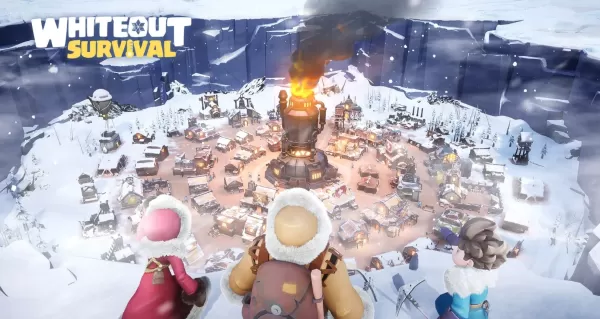
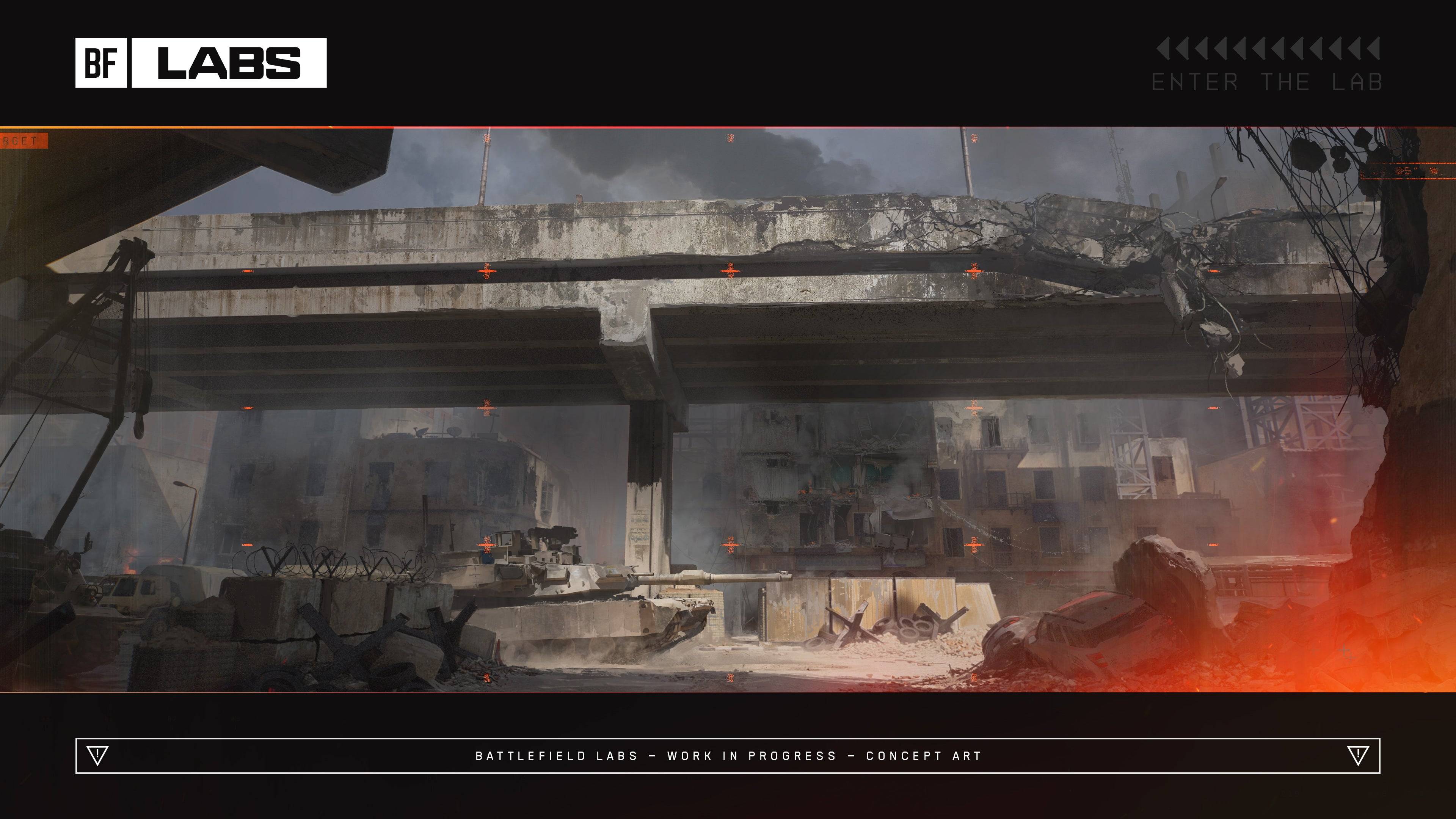
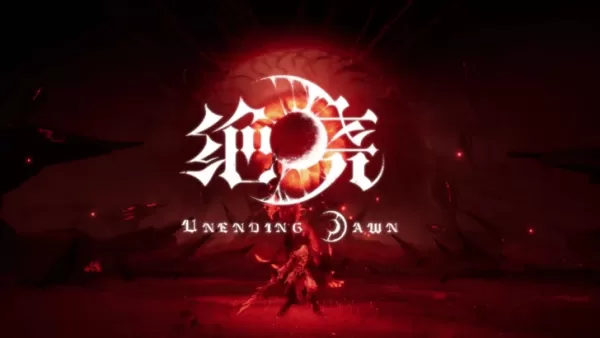
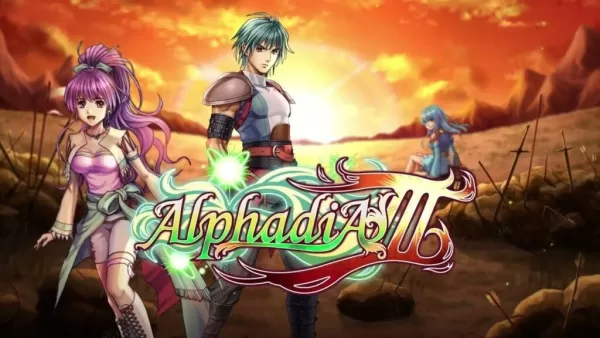
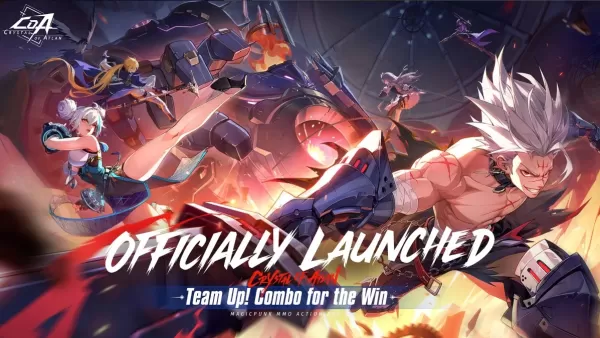











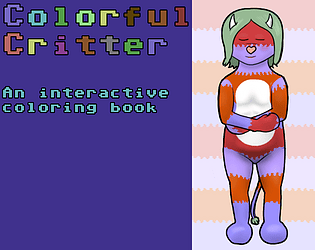
![Salvation in Nightmare [v0.4.4]](https://imgs.21qcq.com/uploads/36/1719555347667e551321c26.jpg)
